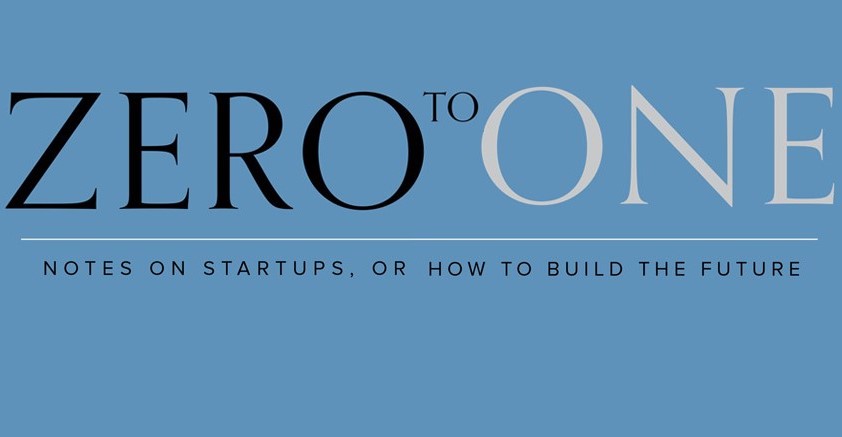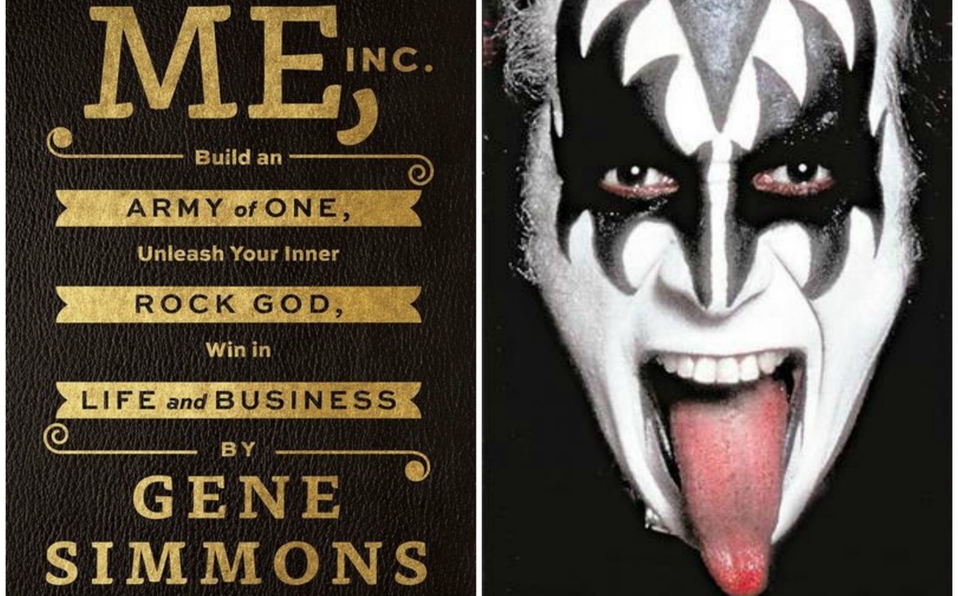Peter Thiel’s controversial book Zero to One created shockwaves in the world of business. His contrarian opinions on monopoly and competition ran against conventional entrepreneurial wisdom in the capitalistic West. The following quote summarizes his view:
In the real world outside economic theory, every business is successful exactly to the extent that it does something others cannot. Monopoly is therefore not a pathology or an exception. Monopoly is the condition of every successful business.
Tolstoy opens Anna Karenina by observing: “All happy families are alike; each unhappy family is unhappy in its own way.” Business is the opposite. All happy companies are different: each one earns a monopoly by solving a unique problem. All failed companies are the same: they failed to escape competition.1Peter Thiel & Blake Masters, Zero to One: Notes on Startups, or How to Build the Future, (New York: The Crown Publishing Group, 2014), 34.
It’s hard to argue against the claim that for a business to maintain its success it should avoid competition seeing that it could bring about its demise. But extending that to conclude that building a monopoly should be the objective of every startup does not compute. Here are the reasons why:
1. Breakthroughs leading to monopolies are rare
Innovation that is “0 to 1,” assuming that it actually exists (more on that in a minute), is so rare that it’s not realistic as a goal for the vast majority of entrepreneurs to pursue. Such breakthroughs are rare events. In fact, the examples that the investor opens his book with are not true zero to one scenarios. Bill Gates did not build the first operating system or even the first graphical user interface (GUI) system. Larry Page and Sergey Brin did not create the first search engine, and Mark Zuckerberg did not create the first social network. These scenarios are all “1 to n,” by Thiel’s definition. In fact, all of them had to compete before they earned their market dominance. None of them would have followed Thiel’s advice. Their very businesses disprove the book’s opening statement: every moment in business happens only once.
2. Perhaps no idea is truly “zero to one”
All fresh ideas improve on existing ones. To borrow from Thiel’s terminology on “horizontal vs vertical” progress: ALL progress is “vertical,” building on former innovation. That includes PayPal which the author cites as his prime example.
3. Innovation has always been a consequence of competition
Thiel claims that monopolies are the real drivers of innovation, being forced to innovate to keep their superior ranks. That is simply not true! Innovation has been driven by competition between companies for hundreds of years, even as it shuts down the doors of others. In other words, competition is good for business (driver for greater success) and society (driver for greater innovation).
4. Not all competitive “copying” is bad
Thiel rightly praises monopolies earned through tech success, while he distances himself from abusive and evil monopolies as those established by corrupt governments. If monopolies are not all the same, then not all “copying” businesses are the same. Many of the “copying” competitors improve their products so customers would enjoy more innovation at lower pricing.
5. No guarantee that a monopoly would innovate indefinitely nor allow their prices to fall
It is naive to assume that even the most benevolent tech monopolies, in complete absence of competition, would always continue to innovate and allow under the right circumstances prices to decrease, thereby garnering less profit.
6. Monopolies benefit few, competition benefits many
Only a few manage to benefit from a monopoly, while a competitive environment benefits many, sometimes separated by borders.
7. Markets are big enough for several players
Most consumer markets are big enough, especially with international trade agreements and ultra-fast communication, that there’s a need for multiple major players in the market which would benefit customers more than a single player ever would.
Despite all of the above, Thiel might be correct about one fact: a monopoly that is natural—built on proprietary technology and a truly superior product—that does not abuse its position of dominance (e.g. pricing) and continues to innovate to protect its market is a win, for both business and society.
You might also like:

Zero to One: Do not compete, build a monopoly instead
The passages that instigated hot debates around Peter Thiel’s business book
BOOK: ZERO TO ONE

When wealthy conservative men tell you higher education is worthless
What’s behind that alarming trend and ten reasons why they’re wrong
BOOK: ZERO TO ONE
Endnotes





